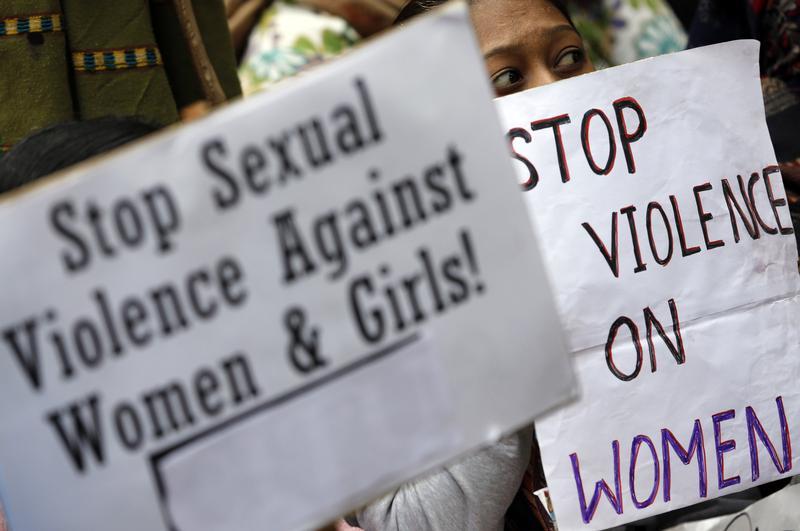An organization made an online petition to raise the age of determining statutory rape in the Philippines from the legislated 12 years old.
Child Rights Network Philippines aims to amend the provision in the Anti-Rape Law of 1997 that only considers statutory rape to children 11 years old and below, while those aged 12 and above are legally deemed capable of giving consent.
This is stated in section 2 of the said law, wherein it is automatically considered rape “when the offended party is under twelve 12 years of age or is demented,” even without the other instances stated such as use of force or being unconscious.
This means a 12-year-old had to go through the harrowing experience of a court hearing to prove beyond reasonable doubt that the child has been raped or sexually abused, according to the agency.
“We are the lowest among our ASEAN neighbors. This current policy state enables more predators to commit child rape,” a part of the petition read.
To illustrate the trauma and stress these minors experience in court hearings, CRN shared an infographic that shows “actual questions” asked during court hearings.
“We have seen countless cases reporting sexual predators and watching the victim recount the incident. Imagine how difficult it would be to watch a 12-year-old do it,” CRN said in its Facebook post.
The online petition is created through online campaign site change.org, which already has more than 7,000 signatures as of this writing.
This move to amend the Anti-Rape Law is not new.
Former lawmaker Monica “Nikki” Prieto-Teodoro once filed House Bill No. 683 or “The Anti-Child Exploitation Law of 2007” that aims to raise the age of statutory rape to 16 years old, but the proposal did not pass in the Senate.
This was revived in 2017 when the National Youth Commission brought up in Congress a measure to change the age of sexual consent from 12 to 16 years old and consider teenage prostitution as the crime of rape.
Meanwhile, the Philippine Commission on Women also pushed for amending the Anti-Rape Law entirely noting that many victims of sexual assault are aged 13 to 15 years old.
“The Anti-Rape Law of 1997 or Republic Act 8353, is progressive in terms of veering away from the chastity framework, and in classifying rape as a crime against persons rather than a crime committed against honor,” PCW stated.
In its petition, CRN cited a report from the Department of Social Welfare and Development that showed more than 2,000 cases of child abuse in 2016 and a fourth of these are sexual abuse.
At the same year, the Center of Woman’s Resources also reported that “every 53 minutes, a woman or a child is raped, with seven in 10 victims of rape being children.”
Aside from the legislation concerned, Chapters Two and Three of the Revised Penal Code protect minors, including boys and girls from 12 to 18 years old, from forms of rape or sexual harassment.

